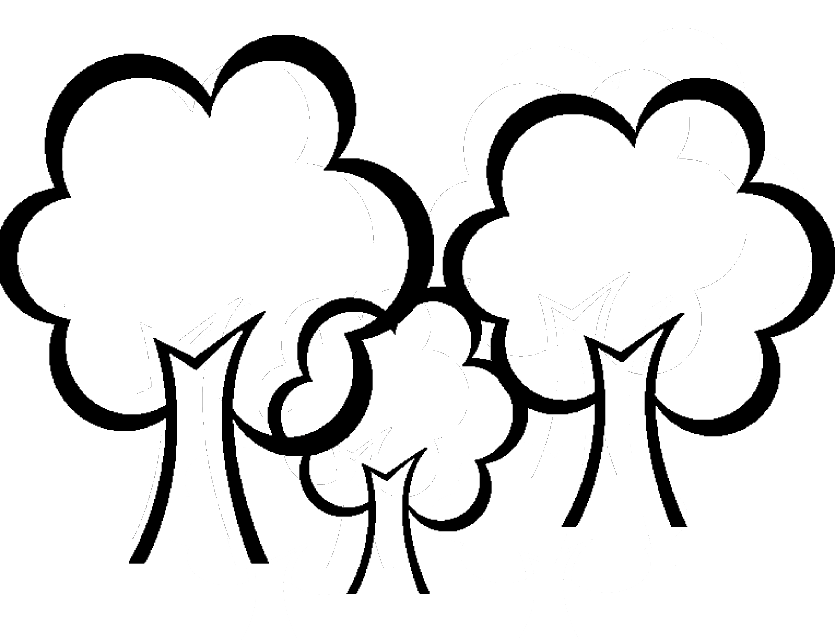Nature recovery

Nature is threated by climate change. This is leading to:
- habitat loss for animals
- lower numbers and less variety of animals and plants
- invasive species (animals and plants) threatening the balance of ecosystems
We declared an ecological emergency in 2019, and have been doing our part to double the nature in South Cambridgeshire. This will help to increase biodiversity and allow nature to recover from the effects of climate change.
Our plan to support nature recovery:
- our Doubling Nature Strategy [PDF, 3MB] explains how we plan to protect and enhance nature
- our Zero Carbon and Doubling Nature Action Plan [PDF, 0.2MB] lists 12 actions we’re taking to help nature in our area. We report on our progress every 6 months to our Climate and Environment Advisory Committee
- The Greater Cambridge Biodiversity Supplementary Planning Document [PDF, 12.5MB] [PDF, 12.5MB] is a guide to develop proposals which avoid harm to nature and offer a net gain for biodiversity
- we are working with Cambridge City Council on a new plan to improve nature, wildlife, and green spaces. Our Planning team has ecology and tree specialists to help with this
- we use peat-free compost for our estates and landscaping
- we work with Natural Cambridgeshire, this group is made up of public bodies, conservation groups, and businesses. For more information on this go to the GOV.UK website
- Community Chest Grants of up to £2,000 for projects that support biodiversity
- Community-Led Plan Toolkit gives advice on how to put into practice local nature recovery plans and biodiversity policies
- Zero Carbon Communities Grant funds tree planting and other projects that tackle climate change
- Six Free Trees Project provides free trees to parish councils
- our Zero Carbon Communities supports community action with webinars and a newsletter.
Community involvement
Parish and town councils and communities play a big role in nature recovery. Natural Cambridgeshire's Local Nature Recovery Toolkit gives great advice on how local groups can help.
We’re always looking to support nature recovery efforts. An example of this is our support for the work of Cambridge Nature Network. Find out a bit more about what they do in the video below.
Find out more on the biodiversity duty for parish councils.
Nature recovery projects
Swavesey Parish Council and The Sustainability Hub
This project focusses on community orchards, wildflowers, public engagement events, community garden areas. Read the Swavesey case study for more information. You can contact them by emailing clerk@swavesey.org.uk.
Sustainable Cottenham
The work done in Cottenham by local nature recovery groups includes new ponds, tree planting and woodland restoration. You can contact them by emailing chris@sustainablecottenham.org.uk
Girton Parish Council Nature Recovery
This project is focused on writing a Local Nature Recovery Plan and crowdfunding. For more information please email lnrp@girton-pc.gov.uk
Willingham Parish Council
The parish council’s nature recovery work at several sites in the village includes a community orchard and playing fields. You can contact them by emailing clerk@willinghamparishcouncil.gov.uk
Histon and Impington Green Spaces
This project focusses on land management for biodiversity, education and enjoyment. You can contact them by emailing hello@higreenspaces.org
Bassingbourn Zero Carbon Collective
Bassingbourn Zero Carbon Collective have been working on a range of wildlife projects including swift nest boxes, native tree planting and an interactive tree trail. You can contact them by emailing biodiversity.zcc@gmail.com
Advice on wildlife and development
Here are some resources to help with wildlife issues and development:
- District Design Guide
- Biodiversity Supplementary Planning Document
- Building with Nature helps to create green spaces in large developments. It will soon offer more guidance for small developments
- Natural England gives information on land management, wildlife, and habitat conservation
- Fresh Water Habitats gives advice on pond management, pond species and their habitats.
Reporting pollution and wildlife issues
- pollution events: Call the Environment Agency 24hr emergency line at 0800 807060
- badgers: The Badger Trust
- bats: The Bat Conservation Trust
- birds: Royal Society for the Protection of Birds
- green roofs: European Federation of Green Roofs and Walls and Living Roofs
- invertebrates: Buglife
- reptiles and amphibians: Cambridgeshire and Peterborough Amphibian and Reptile Group
- local wildlife: Cambridgeshire and Peterborough Biodiversity Group and the Bedfordshire, Cambridgeshire, and Northamptonshire Wildlife Trust
- otters: The UK Wild Otter Trust
- protected species: Natural England
- rivers and streams: Environment Agency
- water voles: Peoples Trust
- wildflower meadows: National Wildflower Centre
Wildlife crime
If you see a wildlife crime happening, call 999. For non-emergencies, call 101. To give information anonymously, call Crimestoppers at 0800 555 111.
If safe, take photos and ask the police for an incident number.
Wildlife crime can include:
- harm to badgers, birds of prey, and bats
- illegal trade in endangered species
- poaching and coursing
- theft or disturbance of wild birds or their eggs/nests
- theft or disturbance of wild animals, plants and habitats
- animal cruelty
- Introducing invasive species
- hunting with dogs.

